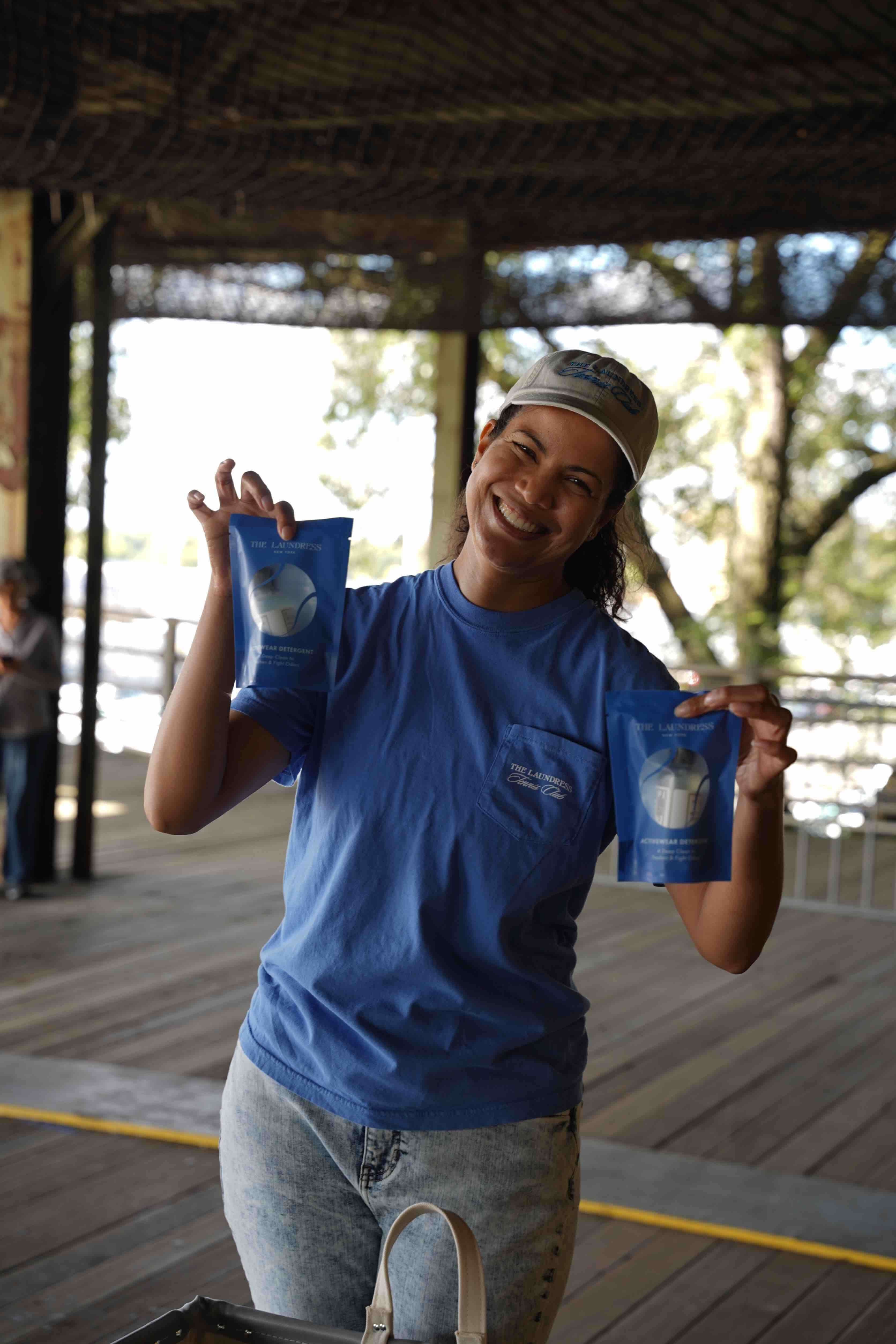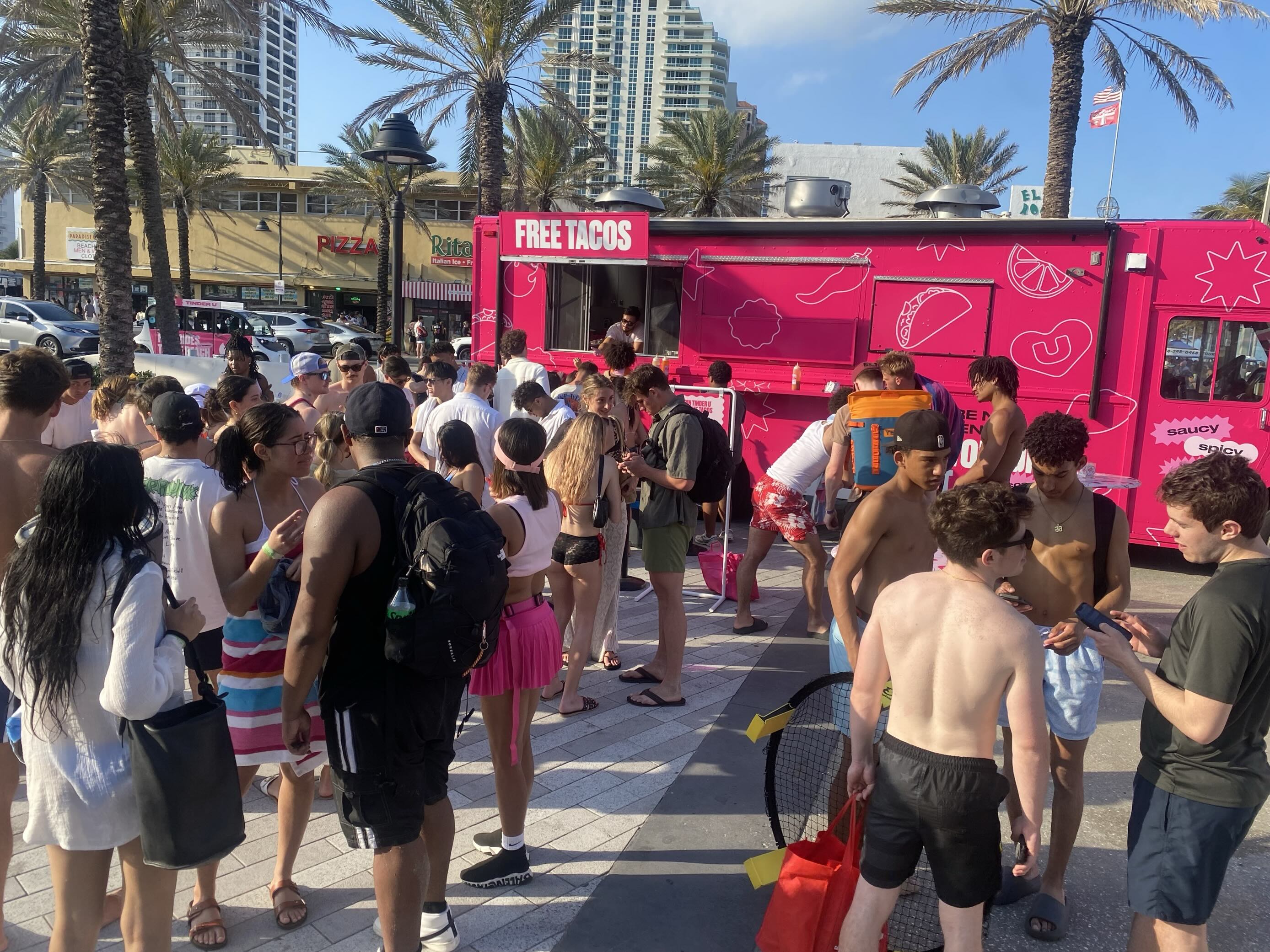A brand activator is a marketing professional who brings brands to life through experiential events and direct consumer engagement. Brand activators design and execute on-ground activations, manage event logistics, train staff, and create memorable brand experiences that convert attendees into customers through hands-on product interactions and emotional connections.
What Is a Brand Activator? A brand activator is a person (or sometimes a team) who brings a brand to life through engaging and interactive experiences. These might include brand activations, pop-up shops, product sampling campaigns, and other interactive and often immersive activities that pull customers into your brand’s world.
Brand activators create and promote your brand’s public “face,” creating the experiences where consumers form emotional connections with the brand through positive, memorable experiences. Rather than merely expressing brand values and describing products, brand activators find ways to forge real connections, to showcase the brand’s personality for consumers to identify with and celebrate.
Think of a brand activator as “the ignition switch, the lit fuse, or the shot of espresso a new or recently rebranded company needs to hit the ground running in the marketplace,” says Ignyte .
Isn’t That What an Influencer or a Brand Ambassador Does? How is a brand activator different from an influencer or brand ambassador ? That’s a fair question — there can be overlap among the three roles. Ultimately, however, they are distinct, and they bring different skills to the table.
Brand activators focus on creating in-person, interactive experiences that bring the brand to life for the consumers who participate in them. Brand activators set the stage, in other words — they create the environment where connection happens. The brand activation, pop-up, or other experiential marketing moment is that environment.
A brand ambassador acts as the public, human face of a brand, telling your story and representing your brand values to the public, including their own followers. Influencers are also brand evangelists who leverage their online presence and following to promote brands and products, but they’re less exclusive. An influencer might promote multiple brands and products, whereas an ambassador works more exclusively with your brand to cultivate customer loyalty over the long term.
Brand ambassadors and influencers might be heavily involved in brand activations by employing their understanding of the audience to help brands plan and design impactful events. But ultimately, their involvement is more akin to a spokesperson or superfan than a marketing pro.
Brand activators have a vital role to play in negotiating and managing relationships with both ambassadors and influencers, from identifying potential collaborators to making sure their content aligns with the brand’s identity.
What Does a Brand Activator Do? Just like brand activations are designed to actively involve consumers in interactive experiences, brand activators focus on the action: What can we have consumers do so they’re taking part rather than casually observing?
This might seem like an obvious distinction, but consider how many forms of marketing and advertising are fundamentally passive from the consumer’s perspective, requiring little more than a glance, a moment of listening, or taking a flyer or a photo.
Brand activators create memorable moments by breaking the “fourth wall” between marketing and the public, pulling attendees into the action and involving them in the conversation. Often, participants become part of the content of the event, and user-generated content from the event is shared online.
The goal is always to design unique and engaging experiences that leave a lasting impression on the audience because they were part of the action, not mere bystanders.
Brand activators accomplish this through various methods like activations at festivals and other events , pop-up shops , social media campaigns , product sampling and demonstrations , and guerrilla marketing .
Matches the Marketing to the Moment Brand activators amplify the appeal of experiential marketing by selecting activation styles to play well with the setting. For example, offering product sampling at an arts festival gives people a chance to try a new product, in a setting where they feel energized, intrigued, and open to new experiences. Designing a pop-up shop creates a space where customers can be immersed in the sights, sounds, scents, tastes and tactile world of a brand. Hosting team challenges outside a branded food truck lets participants literally step into the brand, connecting kinesthetically with the brand’s personality.
Connects Through Communication Brand activators are top-notch communicators who often interact directly with participants, creating the memorable one-to-one contact that makes people feel cared for by the brand. Articulate and engaging, they’re expert at connecting with people from diverse backgrounds. Personality-wise, they’re typically outgoing, energetic, and enthusiastic. Above all else, they’re passionate about the brand and deeply knowledgeable about its products and services. They are able to answer consumers’ questions accurately and authoritatively.
This friendly, caring presence has a secondary effect: generating word-of-mouth marketing. Positive experiences with brand representatives lead to positive reviews and recommendations.
Humanizes the Brand Activators put a face to the brand. In an era when consumers expect brands to be relatable , and to embody personality traits they themselves possess or aspire to, humanizing the brand is an essential piece of building connections with consumers.
Collects Data After so much talk about the warmth and personality brand activators bring to the brand’s interactions with consumers, it might seem strange to talk about data. But one of the greatest benefits to having an experienced marketing professional interact with the public at experiential events is the feedback the brand activator elicits and gathers.
Through their contact with participants, as well as data collection methods built into the event from the earliest planning stages, brand activators are able to provide insights into consumers’ perceptions of the brand and its products or services.

